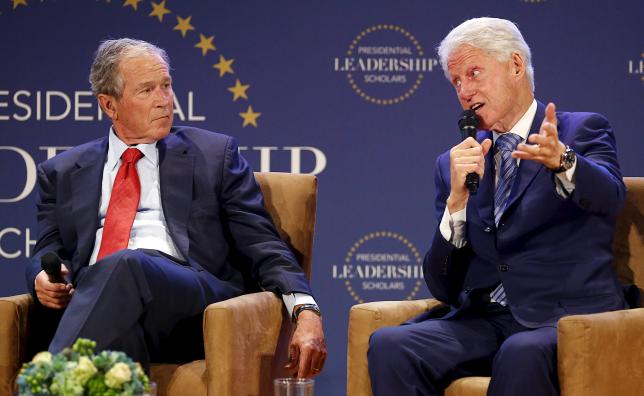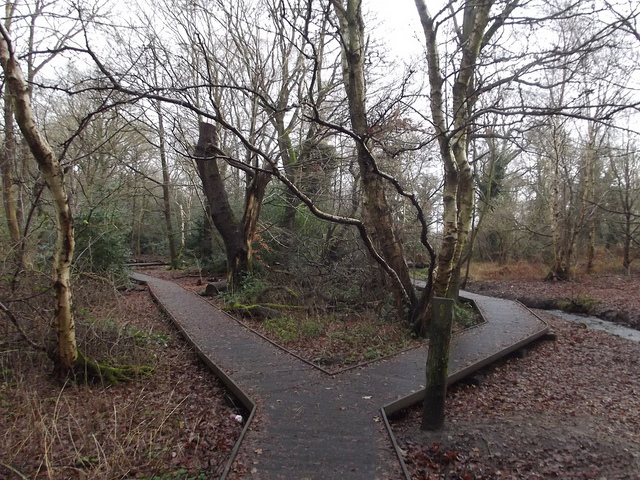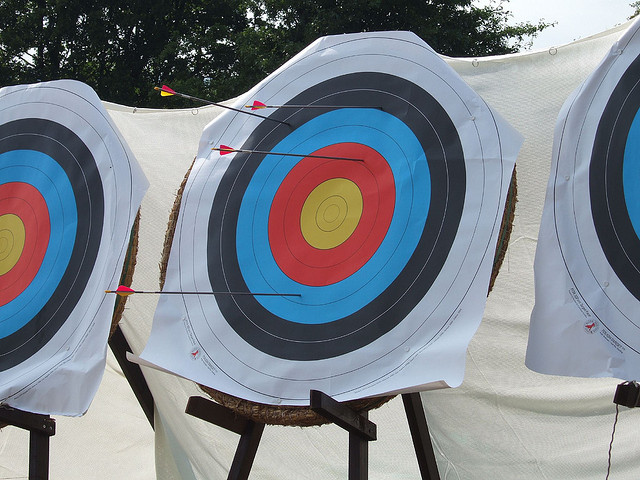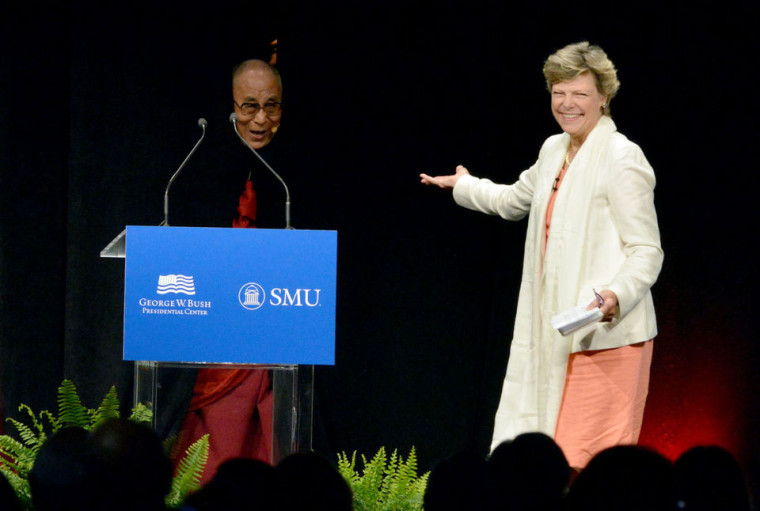When submitting your writing for publication, the best you can often hope for is to receive a revise and resubmit request from the editor. This means the reviewers and editor found value in your manuscript, but want to see revisions. After the revisions, the journal is willing to have you resubmit the manuscript for a second review. While there is no guarantee that the journal will accept the article after revisions, your odds are certainly better than if they rejected you! In today’s post, I will share a few tips and suggestions for how to respond to a revise and resubmit from an academic journal.

I recently went through several rounds of revisions on a manuscript that I am publishing. I received literally hundreds of comments and suggestions for changes. One round of revisions had 277 items to address!!





